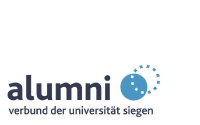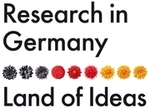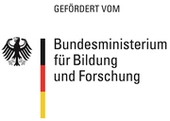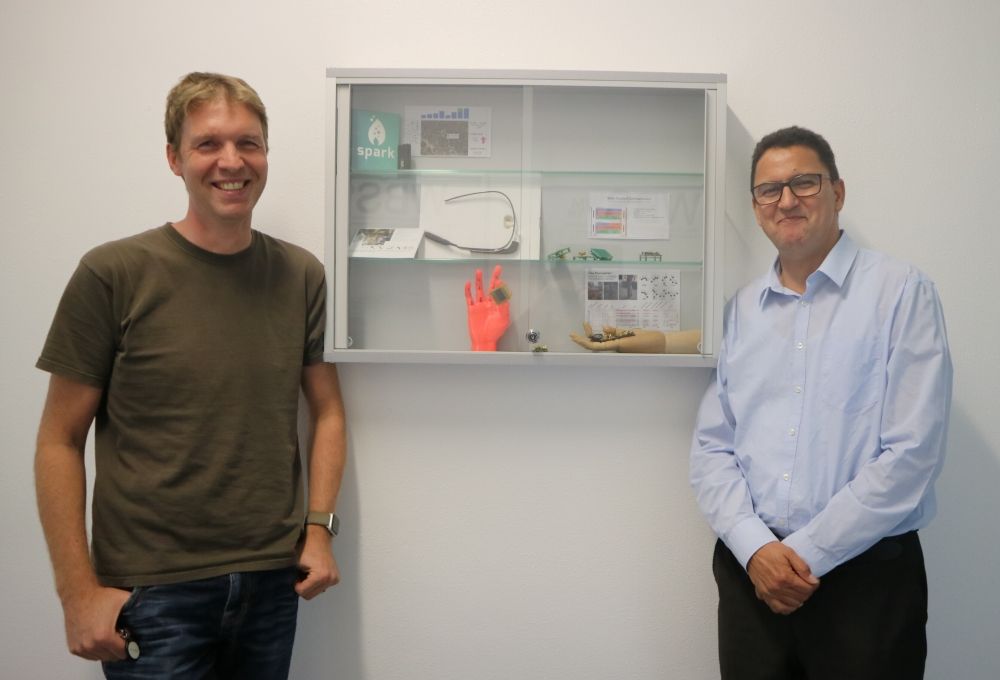- Alexander von Humbold-Stiftung prämiert Konzept zur Vernetzung der Forscher-Alumni
- Forscher-Alumni im "Querschnitt 5/2016"
- Forscher-Alumni im "Querschnitt 4/2017"
- Forscher-Alumni im "Querschnitt 1/2018"
- Forscher-Alumni im "Querschnitt 2/2018"
- Forscher-Alumni im "Querschnitt 3/2018"
- Forscher-Alumni im "Querschnitt 1/2019"
- Forscher-Alumni im "Querschnitt 2/2019"
- Forscher-Alumni im "Querschnitt 3/2019"
- Forscher-Alumni im "Querschnitt 1/2020"
- Forscher-Alumni im "Querschnitt 2/2020"
Prof. Abdelhadi Soudi - Prof. Kristof Van Laerhoven
AfricaSign: Overcoming barriers to participation in education using technology
One of the strongest benefits to research collaborations is that they allow researchers from different fields to come together to use their complementary areas of expertise to develop a new project. This was the case for Prof. Kristof Van Laerhoven, who is a professor of ubiquitous computing at the department for electrical engineering and computer science in the University of Siegen, and Prof. Abdelhadi Soudi, a professor of natural language processing at the Ecole Nationale Supérieure des Mines de Rabat in Morocco.
Prof. Van Laerhoven’s field of specialty is in sensor systems. Of particular interest are those contained within devices which can be worn on the body, such as wristwatches, glasses, and earbuds. While worn on the body these devices are able to detect certain things automatically. The collection and use of these kinds of data are part of a research field called ubiquitous computing. This field developed as a result of computers becoming more prevalent throughout people’s lives. Throughout recent history computers have gone from being something which would generally found inside a laboratory, to something found in every home, and which can now be found in a every smartphone. This prevalence of computers raises many questions for computer scientists. These questions are not only comprised of technical questions, but also ethical ones, what kinds of data should be gathered, and for what purpose?
Prof. Van Laerhoven’s field of specialty is in sensor systems. Of particular interest are those contained within devices which can be worn on the body, such as wristwatches, glasses, and earbuds. While worn on the body these devices are able to detect certain things automatically. The collection and use of these kinds of data are part of a research field called ubiquitous computing. This field developed as a result of computers becoming more prevalent throughout people’s lives. Throughout recent history computers have gone from being something which would generally found inside a laboratory, to something found in every home, and which can now be found in a every smartphone. This prevalence of computers raises many questions for computer scientists. These questions are not only comprised of technical questions, but also ethical ones, what kinds of data should be gathered, and for what purpose?
These two researchers first got in contact when Prof. Soudi read a publication written by Prof. Van Laerhoven on sign language recognition using sensors. As an Alexander von Humboldt scholar, Prof. Soudi was looking for future cooperation partners in Germany, and seeing the potential for collaboration, he emailed Prof. Van Laerhoven asking if he would be interested in hosting him for a research visit. Prof Van Laerhoven has worked with scientists from many different backgrounds, including sociologists, psychologists, and medical scientists. However he had not worked with anyone from the field of linguistics before, despite such collaborations between computer scientists and linguists being relatively prevalent. He accepted Prof. Soudi’s request to come to Siegen.
Prof. Van Laerhoven’s paper predominantly looked at applying sensors to detect a part of sign language called finger spelling. When Prof. Soudi and Prof. Van Laerhoven began to discuss the direction of their collaboration, they decided to try to broaden the focus to all of the elements of sign language, including the wider movements of the hands and arms (manual markers), as well as the body language of the entire upper torso and facial expressions (non-manual markers).
When discussing their project, two main objectives were established. Firstly, they wanted to provide a learning resource for deaf children in Africa. There is a large education gap between hearing and deaf children due to the lack of resources and instructional material in sign language in many schools.. These issues result in a low literacy rate for many deaf people across Africa; many deaf children are unable to attend school altogether. In this context Prof. Soudi and Prof. Van Laerhoven decided to build a user friendly platform (AfricaSign) that enables the Deaf community across the African continent to document their sign languages with a focus on STEM and early grade vocabulary. The platform offers users several input modes, such as the possibility to describe signs using an avatar. .The platform is designed in a way to accommodate regional variation in each country. . Many sign languages in Africa are under researched and endangered. Prof. Van Laerhoven and Prof. Soudi recognise the potential of online technology to address this issue.
The project will take place in two phases. There will firstly be a six month trial period, during which the platform will only be accessible to a small group of test users who will be given login details by partners based in Ethiopia, Ghana, Kenya, Ivory Coast and Morocco. Once the concept has been proven and the platform improved in response to feedback, the platform will enter its second phase. It will then no longer require a login, and hence become accessible to anyone with an internet connection.
While this project does have the potential to aid scientists in their research of the modelling and linguistic sides of sign language, it also has a very important social aspect to it. Deaf communities across the world are all too often marginalised because they are not given the opportunities to participate in society, initiatives such as AfricaSign are not only able to benefit the scientific community, but they also directly reach out to those within a marginalised community, and helps them to participate more fully in society.
The potential impact of this work was recognised by Germany’s federal ministry of education and research, which awarded both researchers with a German-African Innovation Incentive Award in 2019. This prize does not only honour the work that has been done so far, but it also provides funding to support the next stages of the project. Prof. Van Laerhoven and Prof. Soudi are excited to continue to work on this project into the future and will continue to make research visits to one another’s institutions where possible. This project also includes partner institutions across Africa, as well as PhD students and other researchers in Siegen and Rabat. While there have been initiatives to document sign language across Europe and North America, there have not been sufficient attempts to do this for Africa. They hope that this will be the first of a future wave of projects which together will stimulate the documentation of sign language across the continent.
This article is based on an interview with Prof. Abdelhadi Soudi and Prof. Kristof Van Laerhoven and was written by Benjamin Wrigley.






